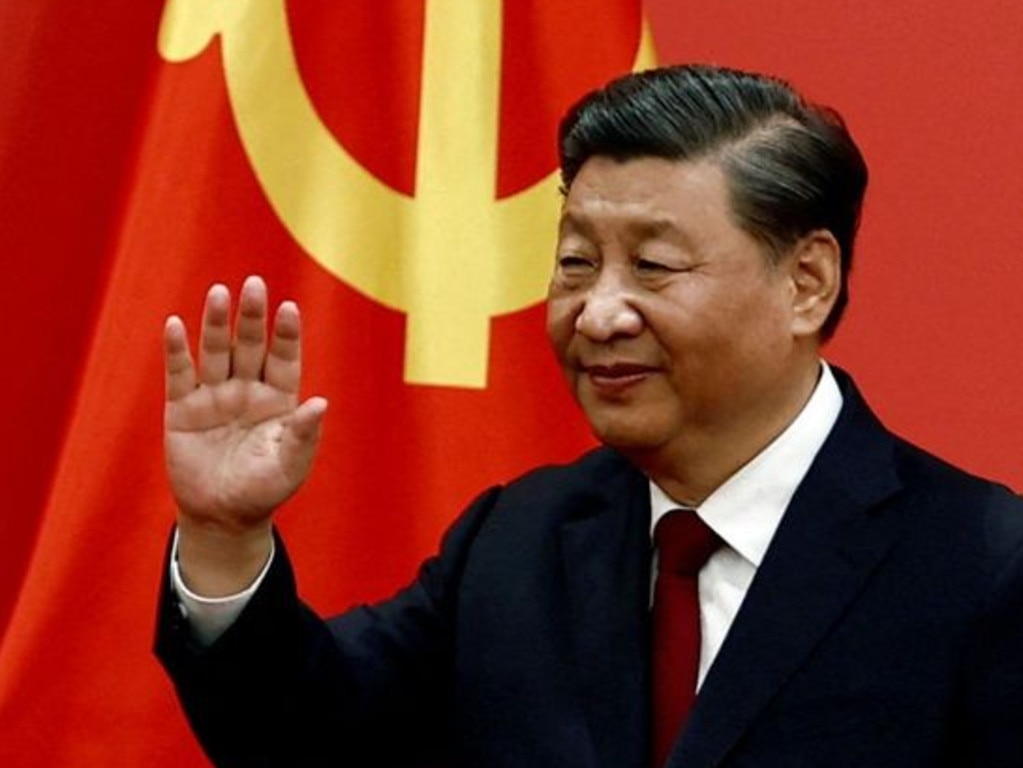
How to subjugate a rambunctious modern city? China’s paramount leader, Xi Jinping, pondered long and hard. Then he acted decisively.
But not by sending in the troops, as Deng Xiaoping had done when confronted by protesters in Beijing in 1989. Xi instead passed a law. And it’s worked like a charm. A sufficient quorum of Hong Kong’s moneyed elite has bowed the head and acknowledged the new “reality”, as it did under British rule, and as some even did during the grim Japanese wartime era.
Hong Kong, once in many ways the greatest, most beautiful, fun and culturally as well as economically wealthy cities in the world, is well on its way to becoming just one busy metropolis among several clustered around the Pearl River Delta.
Five years ago on Monday, the 162 members of the Standing Committee of the National People’s Congress of the People’s Republic of China passed unanimously within 15 minutes of starting their meeting, the Law on Safeguarding National Security in the Hong Kong Special Administrative Region – known ubiquitously since as the National Security Law. That evening, Xi effected the document by signing it. It went into operation on July 1, 2020. So Tuesday is the doleful anniversary.

A few identified swiftly the NSL’s significance; many did not. It pays to take seriously the words of autocratic rulers and of their regimes and, even more, their official documents. The train of events had begun six years earlier, in June 2014, when China’s State Council issued a white paper, “The Practice of the ‘One Country, Two Systems’ Policy in the Hong Kong Special Administrative Region”. This document asserted Beijing’s “comprehensive jurisdiction” over the city of 7.5 million. It said: “The high degree of autonomy of the HKSAR is not full autonomy, nor a decentralised power. It is the power to run local affairs as authorised by the central leadership.” Judges must behave primarily as loyal, patriotic officials of the PRC.
The fairly new – 19 months in – general secretary of the Chinese Communist Party, Xi Jinping, clearly disliked the “one country, two systems” formula introduced for Hong Kong by Deng Xiaoping, now his only reputational rival as the party’s second-most significant leader after Mao Zedong.
This formula had implied that while the party must of course rule the PRC mainland indivisibly, a different, more free, law-based system might be permitted to operate in the Hong Kong SAR.
But Xi had been elevated to the leadership by party elders in order to restore a Mao-era level of moral and legal authority. It was time for Deng’s aberrant concession, made in part to placate Margaret Thatcher to ensure the return of Hong Kong in 1997, to end – for fear the rot of separation of powers might infect other parts or peoples of China. Hong Kongers have learned that not only is patriotism the core quality for their leaders in every area of life, but also that such patriotism is owed both to the Chinese Communist Party and to China the nation, inseparably.

Following up the crucial shift in policy driven by the white paper, the NPC Standing Committee announced a formula for the election of chief executives of Hong Kong that required candidates effectively to be pre-screened to ensure all are approved by Beijing.
The Umbrella Movement followed, immense and then unprecedented protests led by students.
When then chief executive Carrie Lam announced in 2019 her intention to have a law passed permitting extraditions to the mainland, even larger demonstrations took place, bringing a million or more people onto the streets.
Covid eventually provided some cover for tougher reassertion of central control. And it was at this point that the NSL was introduced, establishing as crimes: subversion, terrorism, collusion with foreign organisations, and secession – the latter including any speech or intention to foster Hong Kong’s separation from the PRC.
A special office, beyond Hong Kong’s jurisdiction, was set up to enforce this law, whose agents were given immense powers to monitor and seize people suspected of these new crimes – which follow mainland PRC provisions in including, substantially, crimes not only of deeds but of discourse.
The NSL has proven a masterstroke in terms of subduing Hong Kong’s former “animal spirits”, enabling the hobbling of the media, forcing the demise of most free trade unions and independent non-government organisations and the acquiescence of the rest, and closing HK’s democratic political parties. Many leading Hong Kongers have gone into exile, while others who have been outspoken on democracy and freedoms have lost their jobs and find it hard to gain further employment.

The directions for Hong Kong laid down a few days ago by Xia Baolong, the top responsible PRC official, focused effectively on its becoming a security city. How the NSL furthers “civilisation advancement”, a broad consensus goal for “the international community” adduced here on Monday by Chinese ambassador Xiao Qian, appears elusive.
Self-censorship is an inevitable result, for educators, journalists, lawyers and others, says Kevin Yam. He is the Australian lawyer who has had a $HK1m ($190,000) bounty placed on his head by the Hong Kong regime, for speaking out about the law’s impact on the courts where, he says, near 100 per cent success in post-NSL political cases is attributed by the authorities to the prosecutors’ brilliance.
The late Singapore founding genius, Lee Kuan Yew, told Hong Kong that “your value to China lies in being different … As many as possible of the characteristics that distinguish (you) from other Chinese cities should be assiduously cultivated and retained”.
Beijing today holds precisely the opposite view – that it is to Hong Kong’s own benefit that it operates as do other Chinese cities, that the demonstration effect to the broader PRC population of bringing it to heel is far more valuable than any distinguishing characteristics.
Rowan Callick is an industry fellow at Griffith University’s Asia Institute and expert associate at the ANU’s National Security College.




